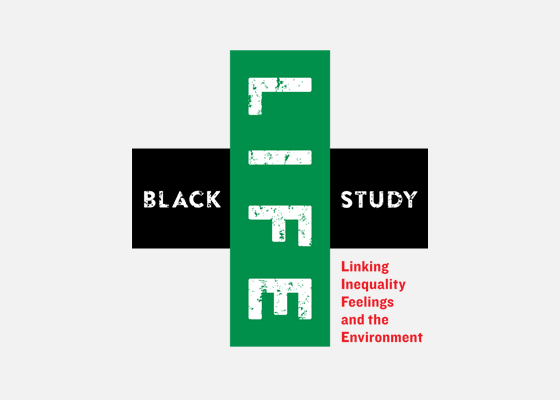Past Project
The Black LIFE Study

The Black LIFE study (Linking Inequality, Feelings and the Environment) was funded in 2009 by the NIH Director’s New Innovator Award Program. The grant title is “Immunologic Effects and a Structural ‘Countermarketing’ Intervention: Racism, the HPA Axis, and African American Health”.
The overall aims of this project are to explore the effects of multiple levels of racism on the immune function, and overall health of urban African Americans, and to test a novel structural-level intervention to reduce the negative impact of racism. Significant disparities in major chronic illnesses continue to describe the current picture of health for African Americans, including cardiovascular disease, cancer, and overweight/obesity. Researchers have long understood stress to play a critical role in negative health outcomes, and particular attention has been paid to the hypothalamic-pituitary-adrenocortical (HPA) axis as a key pathway. Because experiences with racism constitute a significant stressor in the lives of African Americans, understanding the ways in which racism activates the axis will have profound meaning in addressing the determinants of African American health disparities.
In two sub-studies, the proposed research will enroll urban African Americans participants from New York City. In Study 1 we investigate how neighborhood-level institutional racism and perceived individual and collective racism affect immune and metabolic function and overall physical health, psychological well-being, and health behaviors. We also investigate the factors that may be protective against the deleterious effects of racism. In Study 2 we will test a neighborhood-level intervention to minimize the likelihood of internalized racism, vis-a-vis a racism “countermarketing” campaign. Outdoor advertising will be employed to deliver stark facts about American inequality in predominantly African American neighborhoods, as a means to raise consciousness and minimize negative health outcomes. Taken together, the proposed research attempts to answer two critical unanswered questions in biomedical and behavioral research:
1. How does racism get into the body?
2. What do we do about it?
